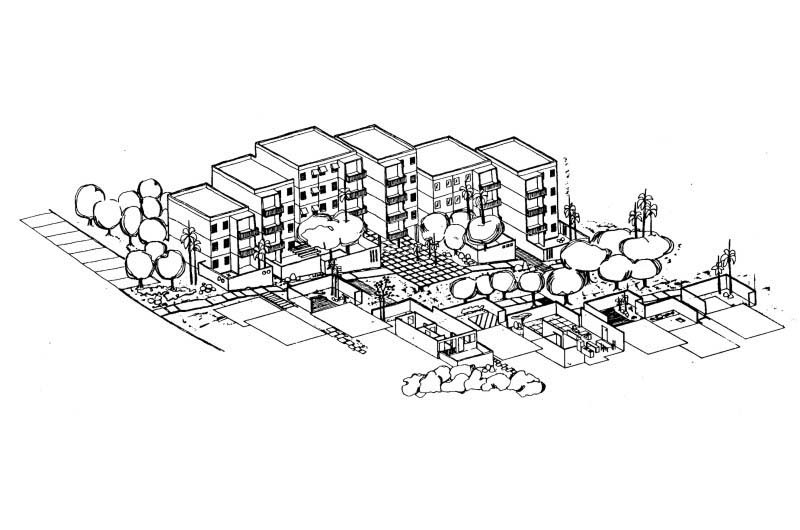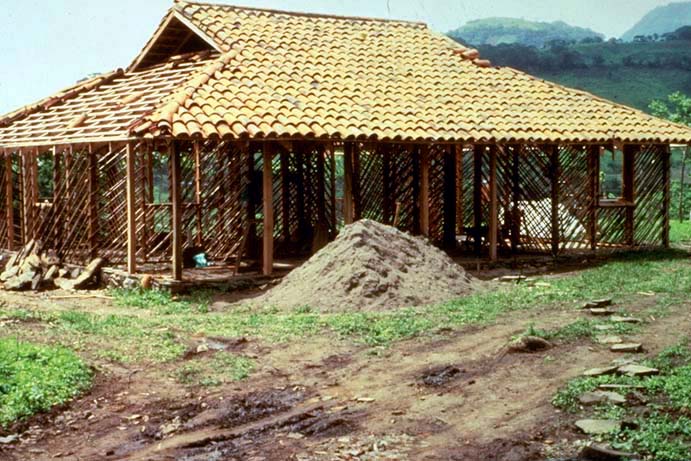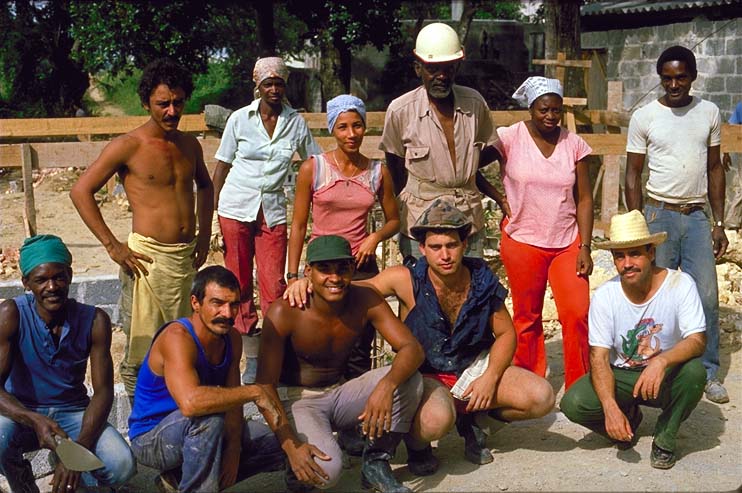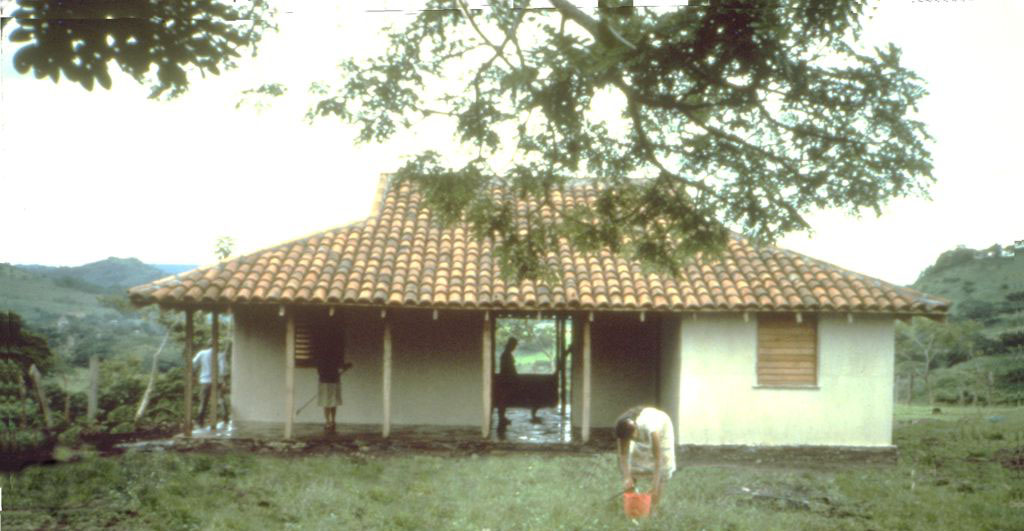The Groundwork Institute is a non-profit organization dedicated to creating low cost, environmentally sound communities based on the participation of the people who live in them. The Institute has its roots in a series of projects undertaken by a group of architects, builders, and environmental professionals to assist people in developing countries and disadvantaged communities in the U.S. It started its first project in 1979 and was incorporated in 1982.
 One example of the Institute’s work is a new community for 20,000 people in Cuba being built from the ground up including infrastructure (roads, sewage, water…), schools, shopping, entertainment and housing. The design is collaborative between occupants, builders, architects, planners, energy specialists, and related disciplines. The design is based on sustainable principles. For example, 100% of the water from the sewage system is being reused.
One example of the Institute’s work is a new community for 20,000 people in Cuba being built from the ground up including infrastructure (roads, sewage, water…), schools, shopping, entertainment and housing. The design is collaborative between occupants, builders, architects, planners, energy specialists, and related disciplines. The design is based on sustainable principles. For example, 100% of the water from the sewage system is being reused.
 Other projects include ultra-low cost self-help housing in Nicaragua ($300 for a 1000SF home), biogas generators and high efficiency stoves in Grenada, community planning in El Salvador and new community planning in China, to mention a few.
Other projects include ultra-low cost self-help housing in Nicaragua ($300 for a 1000SF home), biogas generators and high efficiency stoves in Grenada, community planning in El Salvador and new community planning in China, to mention a few.
 They are involved with community development as a unified process from project invention, financing and design through the mechanics of execution: carpentry, plumbing, etc. In addition, they see their work as integral with education as well as social and economic issues.
They are involved with community development as a unified process from project invention, financing and design through the mechanics of execution: carpentry, plumbing, etc. In addition, they see their work as integral with education as well as social and economic issues.
Groundwork’s projects have been supported with financial contributions from foundations, church groups and individuals. The largest part of their support for international projects has come from time donated by top level environmental professionals including architects, planners, specialists in sewage, solar energy, engineers and builders. They undertake to provide high level technical assistance that would ordinarily be unavailable and unaffordable to these groups. The Institute forms a base for bringing together material and human support for this type of work.

